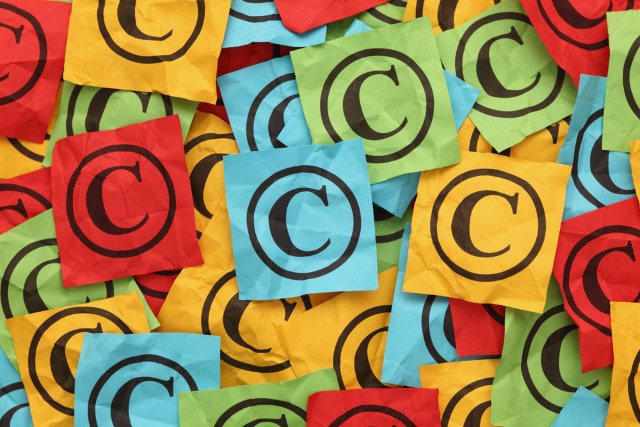
YouTube will help users fight DMCA takedowns in court
The use of other people's copyright material on YouTube is permitted in certain circumstances. Fair use rules allow for the use of copyright material for the purposes of review, parody, and more -- but this doesn't stop copyright holders from issuing DMCA takedown notices.
YouTube is a natural breeding ground for copyright violations, but there are also countless examples of fair use that end up in court. This is something that many people are scared of, and rather than fighting back, will tend to cave in. Now Google has said that it is willing to stand up for users and will defend them in court.

What can businesses do after Safe Harbor's dismissal?
October 6 was quite an interesting day for consumer privacy. After 15 years in place, the Safe Harbor agreement was declared invalid by Europe’s highest court, the Court of Justice of the European Union.
Driven by data localization trends and consumer privacy concerns in the wake of the "Snowden Effect", the ruling empowers each country in the European Union to set its own consumer privacy rules and regulations. The court’s decision has complicated implications for U.S. organizations conducting business overseas. In light of Safe Harbor’s invalidation, can international businesses continue to operate as usual?

US has three months to come up with an agreeable Safe Harbor 2.0 deal
Exactly a month after the Safe Harbor agreement was struck down by the EU Court of Justice, the EU has called for the US to make the next move in the creation of an alternative solution.
The Safe Harbor Agreement, which is now defunct, represented a legal framework within which US companies could extract data of EU citizens. It was ruled invalid for not providing sufficient legal safeguards.

What's the real cost of the UK's Investigatory Powers law?
The Home Office has issued an Impact Assessment, looking into the price of the proposed Investigatory Powers law, which would allow government agencies to intercept digital communications.
Secretary of State Theresa May’s department estimates a price of some £247m over a 10-year-period to cover the costs of the spy law, but according to The Register, which calls upon industry sources, little to no consultation has taken place so far. The true price of the bill can be significantly larger and can go up to £2 billion, with the bulk of finances going to telecom firms to cover the costs of storage.

Most IT pros are against UK's Investigatory Powers bill
Late last week, the UK government introduced a new Investigatory Powers bill, which requires Internet service providers to keep a record of the Internet activity of everyone in Britain, as well as cracking down on encryption and increasing government surveillance.
The initial reaction from industry professionals was mixed, but a new survey from Swiss data bank Artmotion has found that a massive 87 percent of IT leaders disagree with the government’s plan to reduce the strength of data encryption.

AMD hit with deceptive marketing lawsuit over Bulldozer chip core claims
Chip-maker AMD faces a lawsuit for misleading adverts for its Bulldozer processors. The legal action has been started by Tony Dickey at the US District Court for the Northern District of California, San Jose Division; the allegation is that the Bulldozer CPU is advertised as having 8 cores, but it effectively has just 4.
The architecture of the chip is such that each of the cores is unable to operate independently meaning that it functions in the same way as a 4-core processor. AMD faces allegations under the Consumer Legal Remedies Act, California’s Unfair Competition Law, as well as false advertising, fraud, breach of express warrant, negligent misrepresentation and unjust enrichment.

ISPs to be forced to store users' browsing history for a year
The UK government today published a draft version of the Investigatory Powers Bill setting out a framework for new surveillance powers. Among the proposed measures is a requirement for ISPs to keep a record of every website their customers visit for 12 months.
Fears that encryption would be banned were not realized, but privacy campaigners will be disappointed that internet connection records will be accessible by police and security services without the need for a warrant. The NSA-style data collection is indiscriminate. Data will be stored about everyone's internet usage, not just those suspected of crime, terrorism and the like.
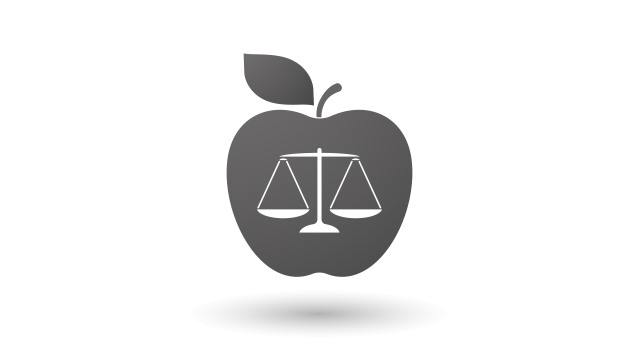
Apple hit with lawsuit over iOS 9's Wi-Fi Assist
The Wi-Fi Assist feature found in iOS 9 has caught some people unawares, and many have complained that they have been landed with large bills due to increased data usage. Two individuals have filed a class action lawsuit in California against Apple, alleging that the company failed to properly explain how Wi-Fi Assist works.
While Wi-Fi Assist can be disabled, the plaintiffs say that Apple should reimburse anyone who found they were pushed over their data usage limits. The company now needs to defend itself against charges of violating Unfair Competition Law, False Advertising Law, and negligent misrepresentation. Apple is also accused of downplaying the risk of exceeding data limits.
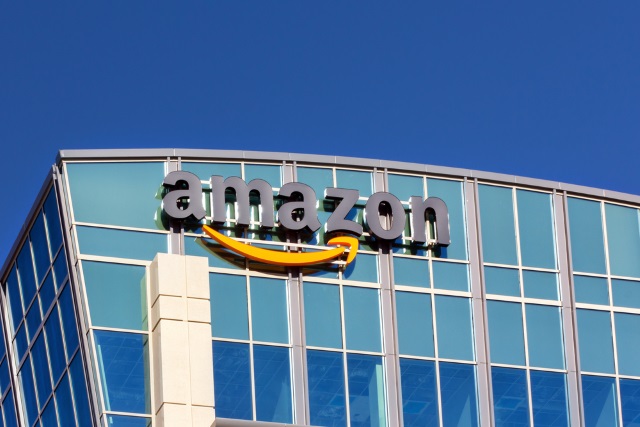
Amazon lawsuit aims to kill fake reviews
The ability to read reviews of products before making a purchase is one of the great advantages of online shopping. But how do you know that what you're reading is a genuine review and not just glowing praise planted by the seller or manufacturer? Fake reviews are a serious problem, and Amazon is trying to do something about it.
The retail giant has filed a lawsuit against 1,114 individuals for writing "false, misleading, and inauthentic" reviews. Amazon says that the fakers are tarnishing its reputation, and the attempt to clean up the site is something that will be welcomed by consumers.
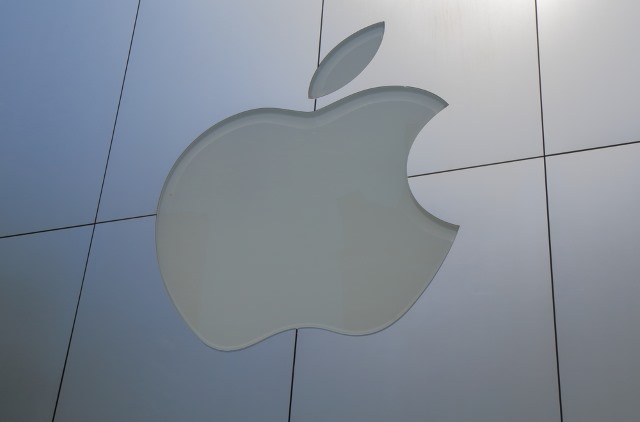
Apple faces $862 million bill as iPhone and iPad chips infringe patents
A jury has decided that Apple infringed on patents owned by the Wisconsin Alumni Research Foundation. The A7, A8, and A8X processors used in iPhones and iPads since 2013 included technology owned by the University of Wisconsin-Madison's licensing arm.
US District Judge William Conley had previously indicated that Apple could be hit with a bill of up to $862.4 million, but it is now down to the jury to determine the levels of damages that must be paid. The chips feature efficiency-improving technology, and can be found in some iPads as well as the iPhone 5s, 6, and 6 Plus.

US has no plans to impose encryption backdoors
US President Barack Obama’s administration will no longer pursue legislation which allows the government to legally spy on its citizens, Reuters reported on Monday.
A White House spokesperson confirmed the move, announcing a change in strategy for the US government, where it will go for a more patient approach.

US businesses fear Safe Harbor dismissal will affect European operations
Small and medium-sized enterprises (SME) in the US are saying that the suspension of the Safe Harbor law might mean end of overseas operations for them, Reuters reported on Thursday.
The Safe Harbor law allowed companies in the United States to transport data regarding its European users to the States. It was struck down recently, by the European Court of Justice.

Compliance in business: Laws and regulations IT departments should be aware of
In a business sense, compliance refers to a company’s efforts to obey all of the laws and regulations that govern how they can manage the business, their staff, and their treatment to their customers. The concept of compliance is to make sure that companies act responsibly and are held accountable for those actions.
This doesn’t just deal with ethical business practices or providing adequate customer service -- these regulations are put in place to safeguard sensitive data, both of the business and the customer. So why is this so important? The most obvious and valuable outcome of compliance is that it decreases your risk of fines, penalties, work stoppages, lawsuits or a shutdown of your business. It also helps to secure sensitive data, which is probably the most important aspect if your business.
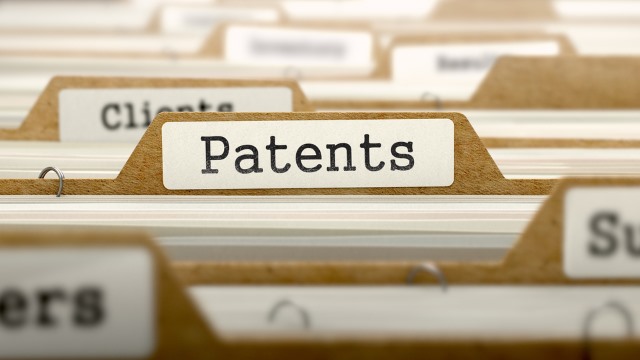
Microsoft and Google drop patent battles and agree to work together
These days, patent lawsuits are ten a penny and big players like Google, Apple, and Microsoft are frequently involved in litigation. Out of the blue, Microsoft and Google have announced that they are burying the hatchet and will no longer pursue patent issues between themselves in the courtroom.
But more than just kissing and making up, the two companies have announced that they will "collaborate on certain patent matters". Quite what this means moving forward remains to be seen, but it could mean that there are some interesting joint ventures on the horizon.

Is Android a dangerous monopoly?
I can't confirm Bloomberg's report that the the U.S. Federal Trade Commission and Justice Department allegedly are beginning a joint investigation into Google's Android licensing agreements. But I can explain what it means. Striping to the bones, from an antitrust perspective, there are two pivot points: Monopoly position and exclusive contracts. Then there is the broader regulatory agenda: Correcting (or preventing future) consumer harm.
Globally, Android is unquestionably a monopoly in the market for smartphones. However, its dominance in the United States is comparably muted by competition from iPhone. Based on smartphone subscribers, Android's share was 51.4 percent for the three months ending July 31, 2015, according to comScore. iOS ranked second with 44.2 percent. By cell phone manufacturer, Apple leads the market, with the same share, followed by Samsung (27.3 percent). Android is leading but declining—down 0.8 points, while iOS is up 1.1 points, from April to July.
